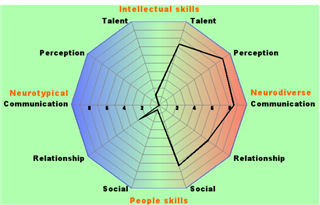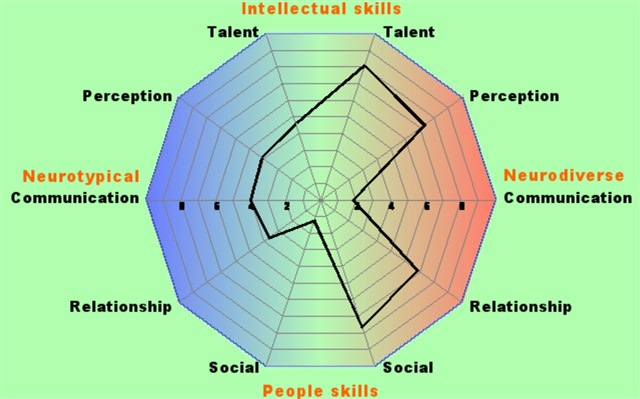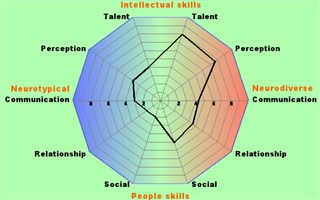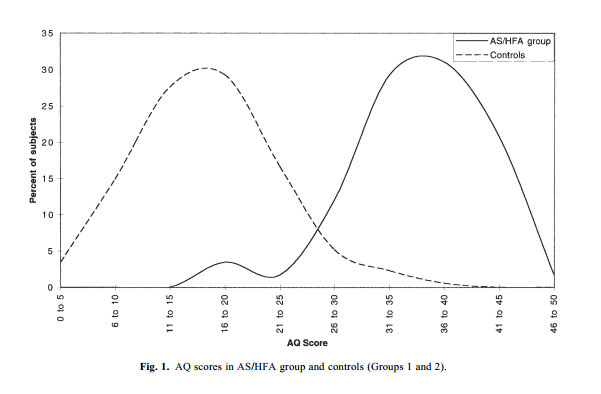As we have been exploring and understanding my sons position of being on the autistic spectrum it has also been suggested I am too, friends and family. I have done the AQ test several times, over a period of a few months. On my own and with my wife. My average score suggests there is a likelihood that I am on the spectrum. Over 32 under 50.
How accurate is this test and it’s findings?
There are quite a few characteristics I have which also seem to connect with autism , other than the test but I am just trying to piece together the pieces at this stage.
Thanks for any advice on the test.








